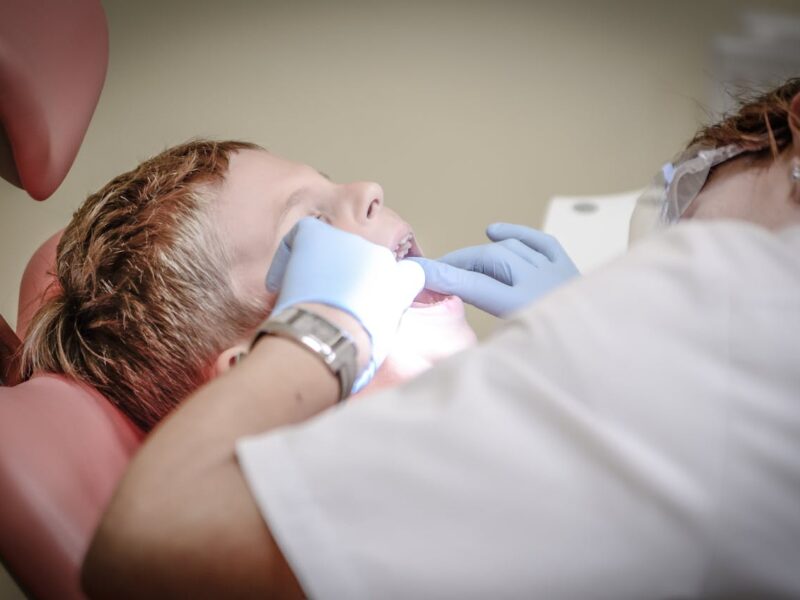Caring for an elderly relative is a responsibility that many of us may face at some point in our lives. Whether it’s a parent, grandparent, or another family member, providing care for an aging loved one requires careful planning, patience, and a deep sense of compassion. This article offers a comprehensive guide to navigating the challenges and rewards of caring for an elderly relative.
1. Open and Honest Communication
Initiating open and honest conversations with your elderly relative is the foundation of effective care. Discuss their preferences, needs, and concerns related to their care. Ensure they are actively involved in decisions impacting their life, promoting a sense of autonomy and dignity.
2. Assess Their Needs
Conduct a thorough assessment of your relative’s physical, mental, and emotional needs. This evaluation should cover their health conditions, medication management, mobility, nutritional requirements, and overall well-being.
3. Create a Care Plan
Based on the assessment, create a comprehensive care plan that outlines the daily routines, medical requirements, social activities, and emotional support your relative needs. This plan will act as a roadmap to ensure consistent and effective care.
4. Home Modifications
If your relative is living at home, consider making necessary modifications to enhance their safety and accessibility. This may involve installing grab bars and ramps, or making adjustments to their living space to prevent falls and accidents.
5. Healthcare Management
Coordinate their healthcare needs by ensuring they have regular check-ups, screenings, and necessary medical treatments. Maintain a record of their medications, allergies, and medical conditions, and facilitate communication between healthcare providers.
6. Nutritional Support
Proper nutrition is vital for seniors’ overall health. Prepare well-balanced meals that cater to their dietary requirements and any health conditions they may have. If necessary, consult a nutritionist to ensure they are getting the right diet.
7. Mobility and Exercise
Encourage your elderly relative to engage in regular physical activities that are suitable for their abilities. This can help improve mobility, reduce the risk of health issues, and boost their mood.
8. Social Engagement
Combat isolation and loneliness by fostering social interactions. Arrange visits with friends, family, and community events. Enroll them in senior centers, clubs, or classes that align with their interests.
9. Respite Care
Caring for an elderly relative can be demanding, both physically and emotionally. Don’t hesitate to seek respite care when needed. Temporary professional assistance or support from family and friends can provide you with the necessary breaks to recharge. Don’t shy away from seeking support from a care home if caring for your elderly relative becomes too hard. Visit expert care providers such as fairviewcourt.co.uk to learn more.
10. Emotional Support
Aging can bring about various emotions for your relative. Be patient, compassionate, and attentive to their feelings. Engage in meaningful conversations and offer emotional support to help them navigate this phase of life.
11. Legal and Financial Planning
Ensure that legal and financial matters are in order. Discuss topics such as wills, powers of attorney, and advanced medical directives to ensure their wishes are respected.
12. Self-Care for Caregivers
Caring for your elderly relative requires you to take care of yourself as well. Prioritize your physical and mental well-being, seek support from others, and consider joining caregiver support groups.
Caring for an elderly relative is a journey that requires empathy, patience, and careful planning. By communicating openly, understanding their needs, and creating a comprehensive care plan, you can provide your loved one with the comfort, safety, and companionship they deserve in their later years. Remember that each person’s journey is unique, and your commitment to their well-being will make a meaningful difference in their lives.



